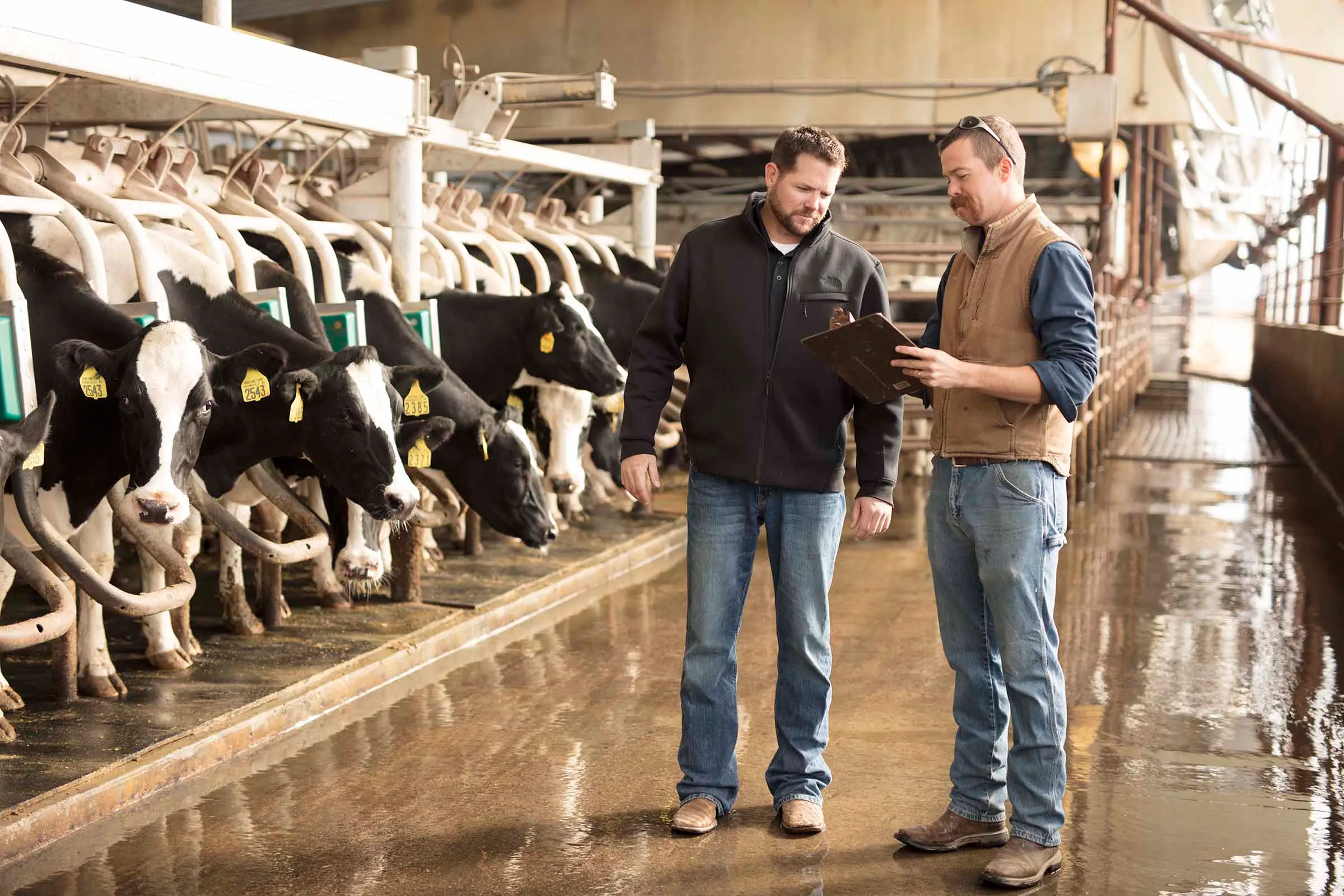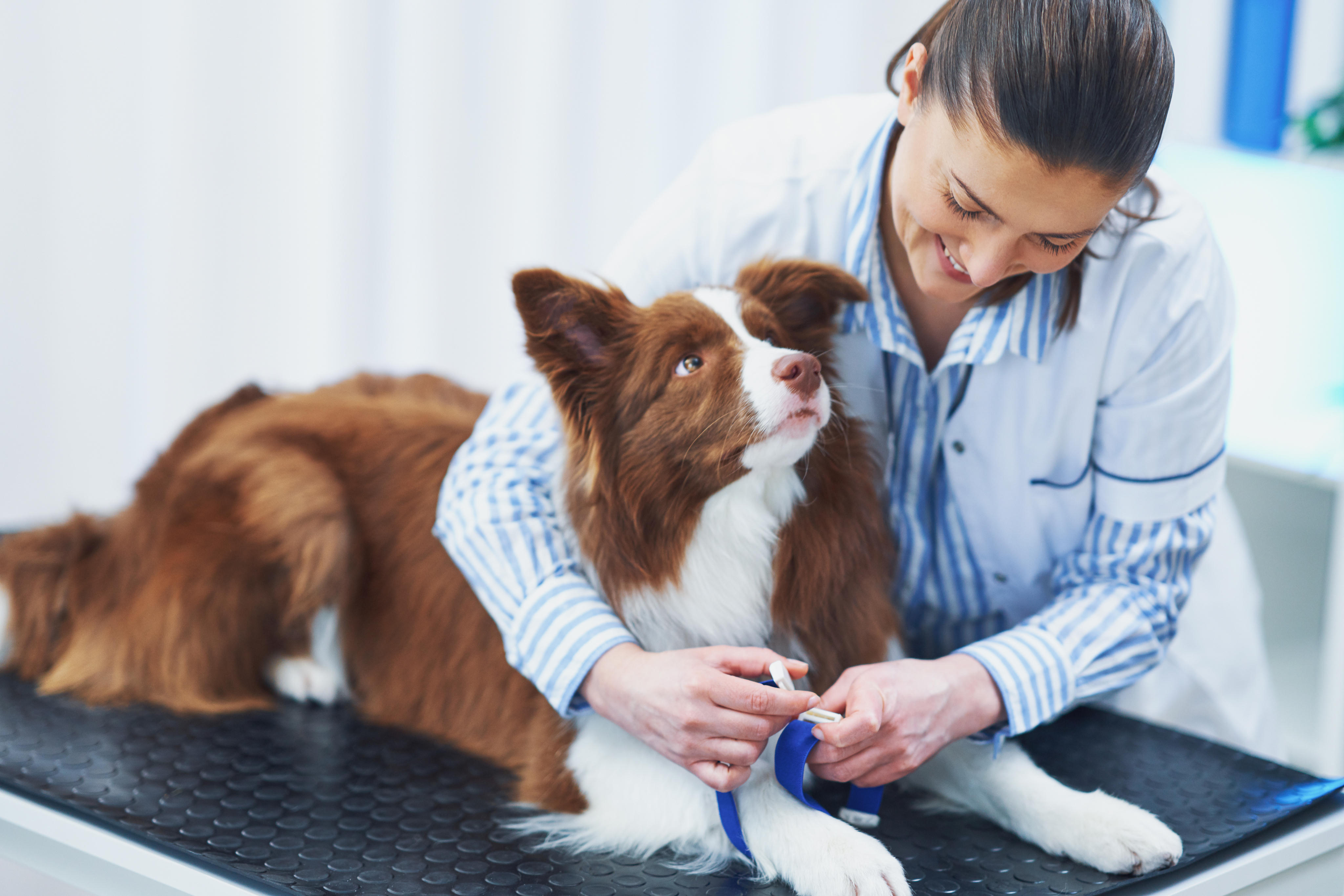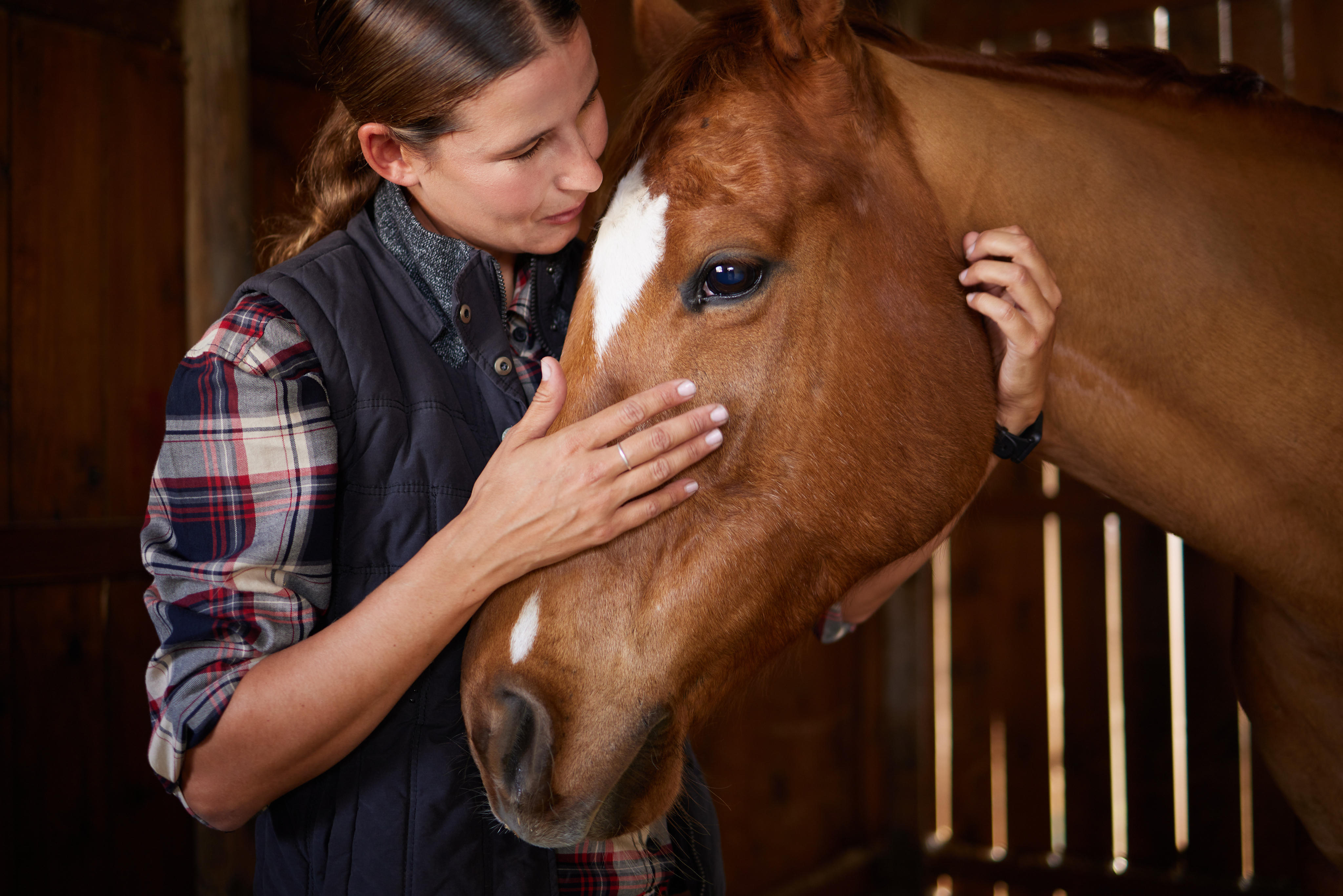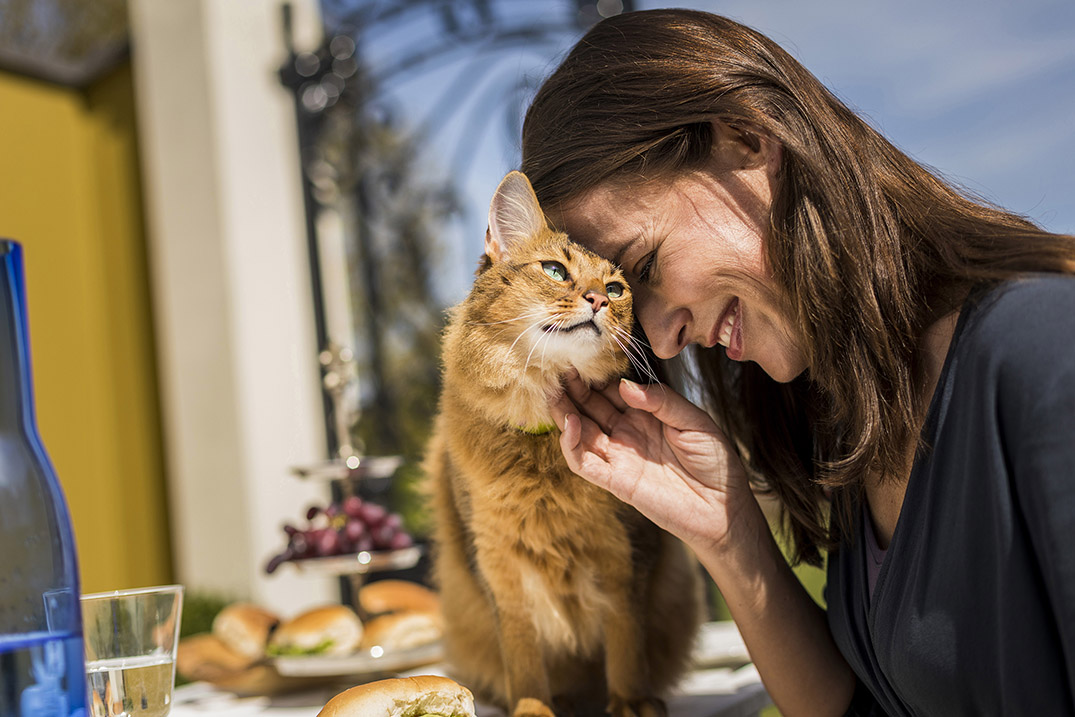NOBIVAC® Canine 1-DAPPv
For vaccination of healthy dogs against canine distemper virus, canine adenovirus (Types 1 and 2), CPIV and CPV.
LEARN MORENobivac® Canine 1-Cv
For the vaccination of healthy dogs, designed to enhance the immune response and offer protection against canine coronavirus.
LEARN MORENobivac® 3-Rabies CA
NOBIVAC 3-RABIES CA vaccine meets state guidelines and is approved for sale in California to protect pets against rabies.
LEARN MORENOBIVAC® 3-Rabies
NOBIVAC 3-RABIES vaccine provides protection against rabies in dogs and cats for at least three years, and ferrets for one year.
LEARN MORENOBIVAC® 1-Rabies
Show effective against rabies for one year protection in healthy dogs, cats and ferrets.
LEARN MORENOBIVAC® Edge Lepto 4
NOBIVAC EDGE LEPTO4 Vaccine is the only canine leptospirosis vaccine with two critical indications, available in 0.5 mL dose.
LEARN MORENOBIVAC® Edge DAPPv+L4
NOBIVAC EDGE DAPPv+L4 provides proven protection against several common viruses and enhanced quality in leptospirosis protection.
LEARN MORENOBIVAC EDGE® DAPPv
Approved for protection of healthy dogs against canine distemper, adenovirus (Type 1), CPIV and CPV.
LEARN MOREPROTAZIL® (1.56% diclazuril) Antiprotozoal Pellets
PROTAZIL Antiprotozoal Pellets are indicated for the treatment of equine protozoal myeloencephalitis caused by Sarcocystis neurona in horses.
LEARN MOREPANACUR® C CANINE DEWORMER
Learn more about PANACUR® C CANINE DEWORMER, an FDA-approved deworming medication that helps treat and control worms in dogs.
LEARN MOREPANACUR® (fenbendazole) POWERPAC
PANACUR® (fenbendazole) Paste 10% is indicated for the control of large strongyles (Strongylus edentatus, S. equinus, S. vulgaris), encysted early third stage (hypobiotic), late third stage and fourth stage cyathostome larvae, small strongyles, pinworms (Oxyuris equi), ascarids (Parascaris equorum), and arteritis caused by fourth stage larvae of Strongylus vulgaris in horses.
LEARN MORE



 Go To United States
Go To United States Algeria
Algeria Argentina
Argentina Australia
Australia Austria
Austria Bahrain
Bahrain Belgium (Dutch)
Belgium (Dutch) Brazil
Brazil Canada (English)
Canada (English) Chile
Chile Colombia
Colombia Croatia
Croatia Czech Republic
Czech Republic Denmark
Denmark Ecuador
Ecuador Egypt
Egypt Finland
Finland France
France Germany
Germany Greece
Greece Hungary
Hungary India
India Indonesia
Indonesia Iraq
Iraq Ireland
Ireland Israel
Israel Italy
Italy Japan
Japan Jordan
Jordan Kuwait
Kuwait Lebanon
Lebanon Malaysia
Malaysia Mexico
Mexico Morocco
Morocco Netherlands
Netherlands New Zealand
New Zealand Norway
Norway Oman
Oman Panama
Panama Peru
Peru Philippines
Philippines Poland
Poland Portugal
Portugal Qatar
Qatar Romania
Romania Russian Federation
Russian Federation Saudi Arabia
Saudi Arabia South Africa
South Africa South Korea
South Korea Spain
Spain Sweden
Sweden Switzerland (French)
Switzerland (French) Taiwan
Taiwan Thailand
Thailand Tunisia
Tunisia Turkey
Turkey Ukraine
Ukraine United Arab Emirates
United Arab Emirates United Kingdom
United Kingdom Uruguay
Uruguay Yemen
Yemen Global
Global